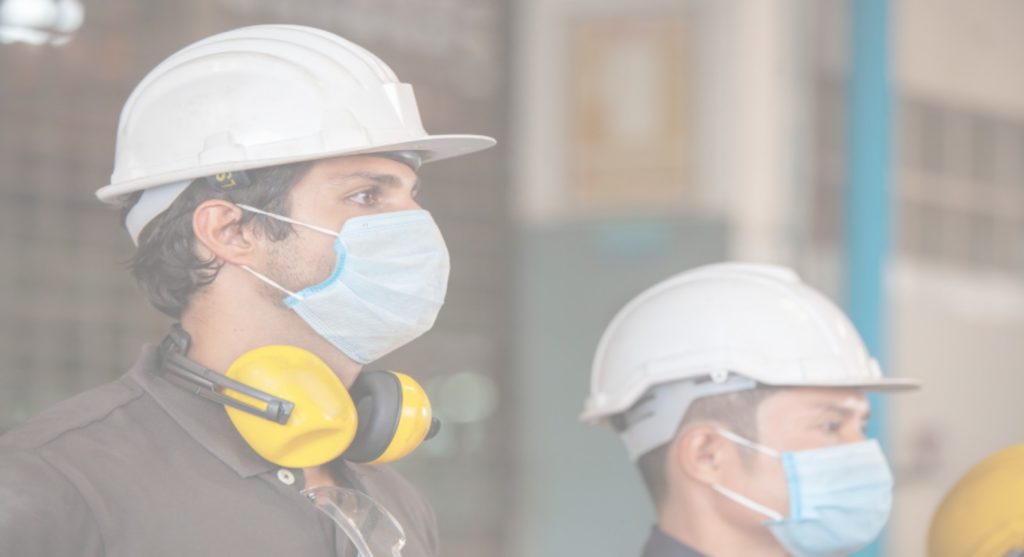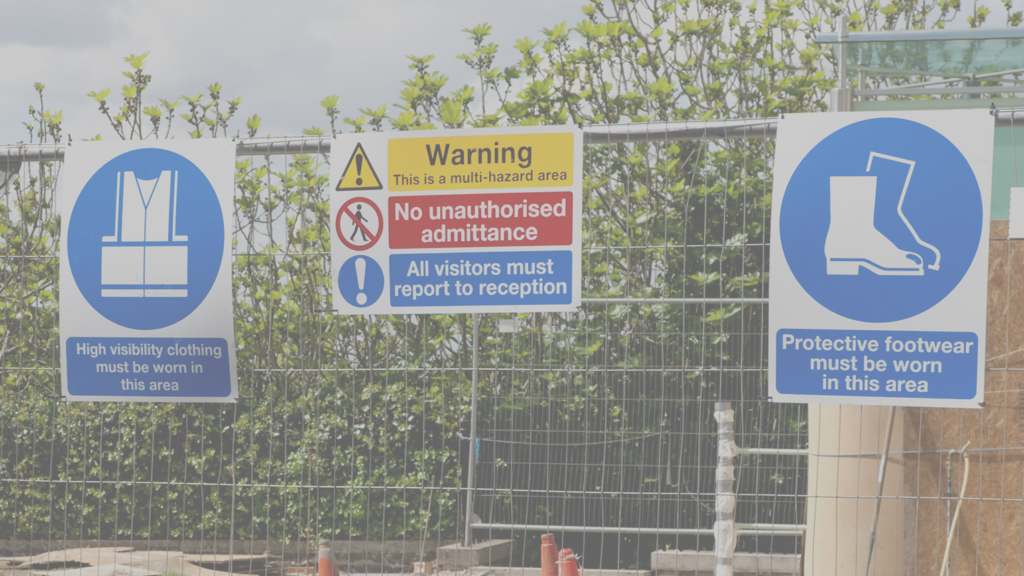You are going through one of the toughest periods your business has ever faced. In this time of uncertainty, understanding what assistance is available to you is critical to navigating the multiple phases of recovery. The effects of the COVID-19 situation on all industries is part of the great unknown. How long it will last and what effects it will have on contracts, schedules, job performance, supply chains, and labor laws will continue to change as we witness the impact of the disease has on our economy and our nation.
CONTRACTS AND OBLIGATIONS
During this Coronavirus (COVID-19) pandemic, and for the first time in their corporate history, many businesses are confronting circumstances that may excuse or delay their obligations to perform under existing contracts due to the occurrence of a force majeure event.
A force majeure defines circumstances beyond a party’s control that may render contractual performance difficult or impossible. When a force majeure event occurs, a party may suspend or
be relieved from its obligations under contract. As such, force majeure is a defense against claims that a party has breached its contract.
Existing contracts will need to be revisited to determine if the language and intent of the contract can be completed in accordance with the current terms. All contractors should:
- Review contracts with legal counsel for relevant clauses and make sure they issue any required notices.
- Force Majeure and Delay Clauses
- Escalation Clauses
- Mutual Waiver of Consequential Damages
- Emergency and Safety Clauses-Owner’s Duty to provide adequate assurances of financing
- Require periodic updates from subcontractors and suppliers to determine potential sources of delay.
- Give the proper notices to their owners.
- Review owner supplied policies for their projects, such as the Builders Risk Policy.
- Review financing agreements and land use authorizations for compliance.
- If owners have relied on certificates of insurance for required coverages under their contracts, they should also be requesting copies of available coverages, especially Builders Risk and CGL policies to see if some of the impacts could be covered.
- Owners and contractors should review payment and performance bonds and subcontractor default insurance policies to address possible financial defaults.
- All parties should be talking to their bankers to make sure they have the liquidity available to get through anticipated closures.
BUSINESS OPERATIONS
The General Duty Clause requires an employer to provide a workplace
“free from recognized hazards that are causing or are likely to cause death or serious physical harm to his employees”.
The federal government, through state and local governments and agencies, has established a “Phased Approach” to returning to work. This will require businesses to consider the following Phases of Re-
Entry into the New Normal:
Redesigning Operation
- Workstations, Crew Sizes, and Employee Infrastructure
- Policy and Enforcement in compliance with the change in mandates and regulations
- Training and Education on the New Normal
- Management and Supervision Establish Startup Procedures
- Essential Employees to the Infrastructure
Protective Measures for All Employees
- Physical Boundaries/Barriers-Respiratory Protection (High, Medium and Low Risk)
- Decontamination of Surfaces Procedures
- Reporting Exposures
- Return to Work Procedures
COMMUNICATIONS
This Pandemic Event is a dynamic process that is changing daily. There are multiple mandates depending on the state and county where your projects are located. In some areas certain protective measures are mandated and must be announced via postings located on the job site.
If you are a “Controlling Employer” you are responsible to protect not only employees, but those of other employers engaged in the common undertaking. “An employer may be held responsible for the violations of other employers ‘where it could reasonably be expected to prevent or detect and abate the violations due to its supervisory authority and control over the worksite.”’
TO EMPLOYEES
Establish a clear and concise set of guidelines for your employees to follow that are backed up with an enforcement element to ensure compliance. The safety of your employees and your company depend on consistency.
TO SUBCONTRACTORS AND SUPPLIERS
Prompt and clear communication is necessary, both to preserve rights and to mitigate impacts on the project. Notices, especially on government work, must conform to all appropriate formalities, including the persons to whom the notices are addressed and the means of delivery. The notices should:
- Explain how COVID-19 and government actions to slow its spread qualify as force majeure and entitle the contractor to relief under the contract.
- Explain how the project is impacted, including references to specific materials delayed and activities affected.
- Identify the potential impact in terms of time and money and the efforts the contractor is undertaking to mitigate those impacts.
As more information becomes known, these notices should be updated. Careful attention should be paid to contractual provisions regarding the contents and timing of claim submissions after the initial notices.
Click Here to Download a PDF Version of this Information
Author:




















